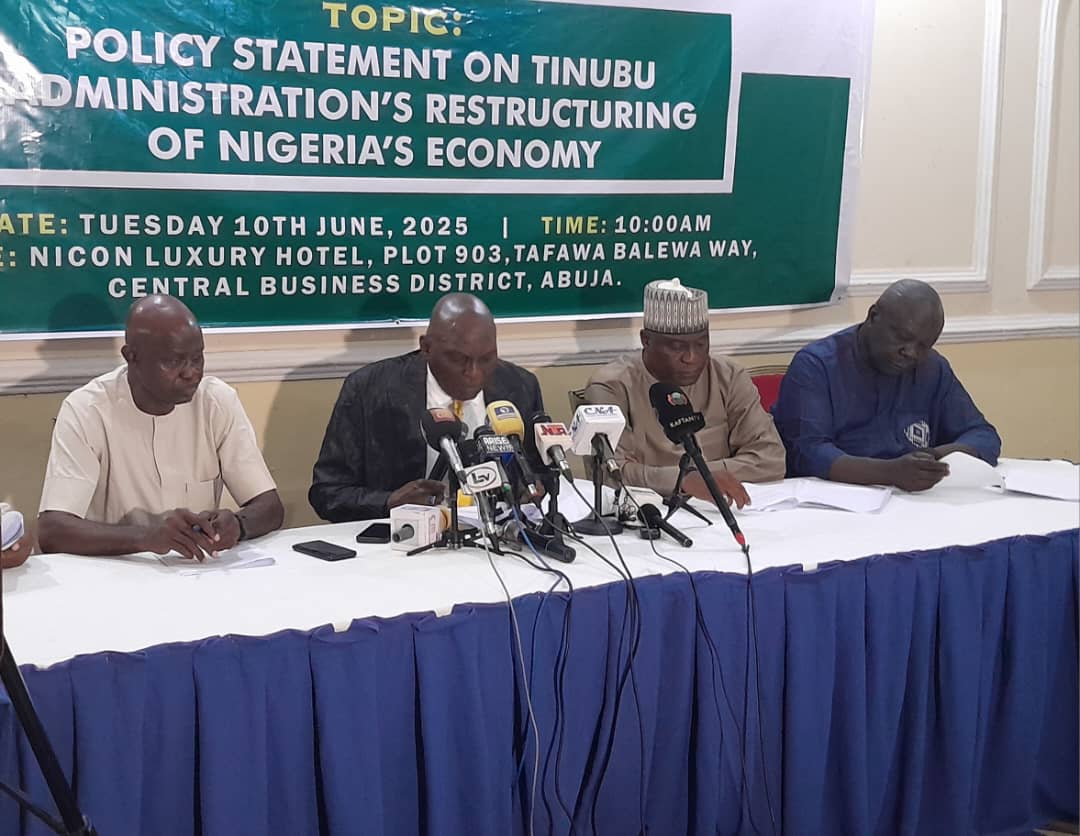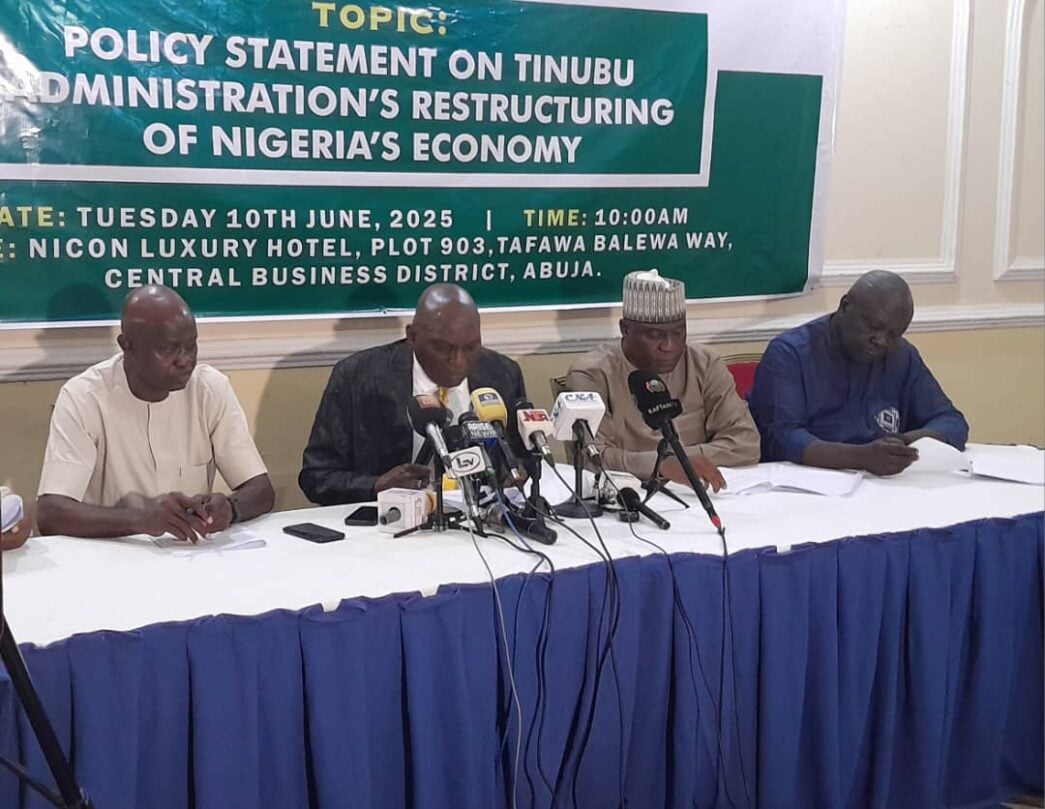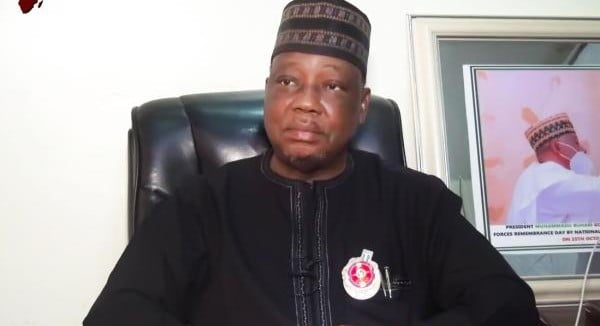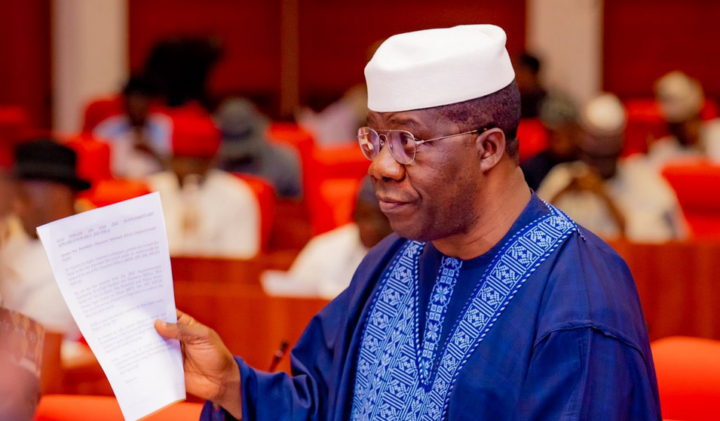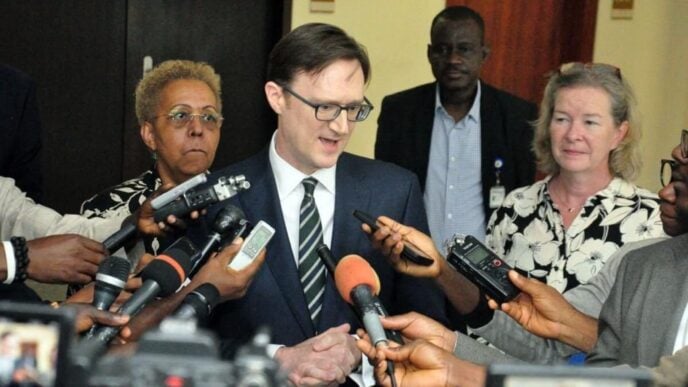The Independent Media and Policy Initiative (IMPI), a civil society organisation (CSO), says foreign investors are increasingly showing confidence in Nigeria’s economic future, buoyed by the reforms initiated by President Bola Tinubu.
Speaking in Abuja on Tuesday at a press conference, Omoniyi Akinsiju, chairman of IMPI, said the growing trend of long-term investments in Nigeria is a result of Tinubu’s reforms.
Akinsiju said an audit conducted by IMPI on global and domestic institutional ratings showed a positive perception of Nigeria’s economic trajectory.
“Investors are locking into longer-term assets because they expect inflation rates to reduce on the back of the government’s economic reforms,” he said.
Advertisement
“This implies that investors expect lower inflation and interest rates over the long term, leading to higher bond prices and lower reinvestment risks indicative of a strong, positive perception of recovery and growth for the Nigerian economy.”
He added that Nigeria is being increasingly recognised as a rising economic force and admired across the globe for the resolve shown by Tinubu in implementing difficult but necessary reforms.
Akinsiju said the removal of the petrol subsidy has led to a significant reduction in daily consumption of the commodity from over 103 million litres in June 2022 to between 43 and 46 million litres post-subsidy removal.
Advertisement
He said the unification of foreign exchange windows has also led to a substantial increase in federal revenue, rising by 82.4 percent from N6.8 trillion in 2023 to N12.4 trillion in 2024.
“The immediate reflection of the positive move inherent in the unification of the foreign exchange windows is the increase in revenue for states and local governments and a reduction in public debt,” he said.
“The federal government’s revenue rose by 82.4 percent from N6.8 trillion in 2023 to N12.4 trillion in 2024, driven by the unification of the foreign exchange rates, enhanced tax administration, and reforms in treasury remittances, according to data sourced from the World Bank.”
Advertisement

